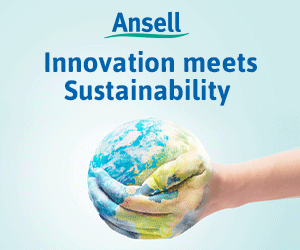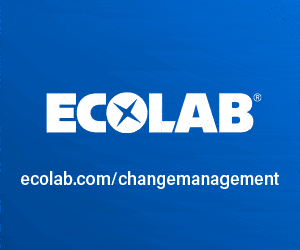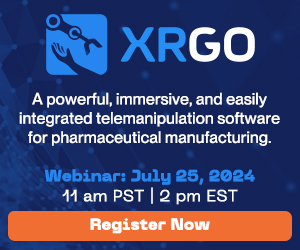American pharmaceutical company Charles River Laboratories is set to launch a webinar entitled: ‘From cell culture to sterility: How to apply rapid microbiological methods across the entire biomanufacturing process’.
Rapid microbiological methods have recently transitioned from being a “nice to have” to a “must have” solution to help accelerate and control biopharmaceutical production and preserve patient safety. Unfortunately, they have historically been implemented with limited scope, focusing on specific sample types and applications most suitable for or limited by the technology being used.
Many quality control laboratories and their manufacturing operations partner groups are then incapable of applying these rapid methods at multiple points along the biomanufacturing process and for in-process controls. Opportunities exist to utilise certain rapid microbiological methods to their maximum potential by adding quality check points to obtain results in a shorter time, reducing the overall impact of contaminations.
Launching on 12 December at 15.30 GMT, the webinar describes these control points, the impact of contamination, and how an amplified adenosine trisphosphate (ATP) bioluminescence detection method can be applied from cell culture to final product sterility, generating in-process control results in less than 48 hours and final products to be released in as little as six days.
The webinar features Jonathan (Jon) Kallay, a Senior Technical & Market Development Manager working remotely for the Microbial Solutions product lines. He is a subject matter expert on microbiological investigations for manufacturing facilities that make regulated products. Jon provides practical laboratory experience to help clients identify the optimal path forward for their labs. Jon received his Bachelor’s degree in biochemistry from Denison University before earning a post-graduate diploma in pharmaceutical microbiology from the University of Manchester.





